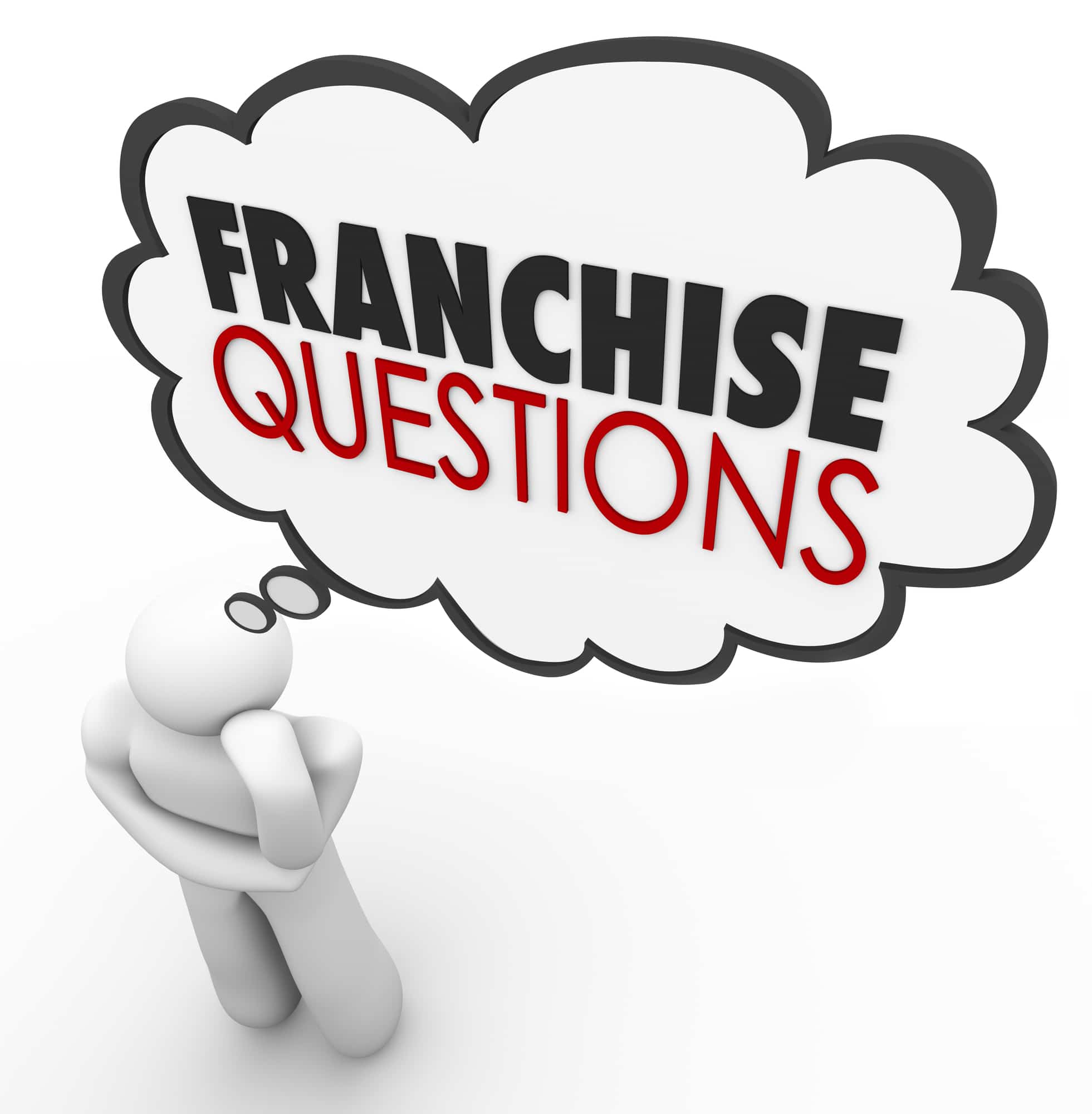The Benefit of a Franchise System Over a Chain Model
A natural next step for a successful business with a great product and a smooth operation model is expansion. When you reach this stage, a few options exist for growth. However, the decision is often between choosing a franchise system or a chain model. What is the benefit of a franchise system over a chain model?
A franchise system can reduce the risk of expansion and provide other benefits compared to a traditional chain model. The right approach will depend on your business’ unique position (i.e., its finances, risk tolerance and other goals).
The Quick Difference Between a Franchise System and a Chain Model
In a franchise system, you (as the franchisor) offer the use of your business model to third parties (franchisees) in exchange for a fee. You and the franchisee operate as separate businesses but work together through the terms of a franchise agreement.
A chain model, in contrast, is where you own all aspects of the expansion (usually through a parent company and subsidiary approach). You might work with new investors to finance the chain, but you retain control over all aspects of the business.
A Franchise System Can Limit Certain Risks
Expanding your business to a new location is expensive and not without risk. You likely have new costs that would otherwise require dipping into company profits or seeking additional financing (e.g., leasing business space, new equipment, hiring employees, etc.). On top of the added expense, uncertainty may exist about the new business location’s success.
Using a franchise system to grow can shift that risk to the franchisee. The franchisee becomes responsible for financing the overhead costs necessary to open a new location. You replace that risk with the hope that your franchisee will uphold the positive goodwill of the business. However, you can properly manage that risk with a good screening system for potential franchisees and a well-drafted franchise agreement.
Separate Yourself from the Franchisee’s Liabilities
A franchise system can usually remove you from other liabilities of the new location in addition to overhead costs. This is because the franchisor and franchisee operate as separate entities. The franchisee will generally be responsible for any obligations and legal issues it may have with employees, customers, lenders, or other third parties.
Your Payment Is Not Tied to the Franchisee’s Success
With a franchise system, you receive payment upfront in the form of a franchise fee. This payment is usually separate from the success of the new franchisee (i.e., not dependent on the franchisee’s profits). The reason for this is the franchise fee serves as compensation for licensing the use of your business’ brand, goodwill and operation model.
Contact Us to Start Your Franchise System
When done right, a franchise system is an effective way to receive the benefit of growing your business without carrying some of the added risks. The experienced attorneys at Franchise & Business Law Group can help you consider franchise system options and other business expansion techniques. We work hard to understand your business and your goals, so you can make an informed decision about your next step as an owner.
If you know a franchise system is in your future, we can guide you along every part of the process, from regulatory compliance and drafting important legal documents to working with franchisees.
Schedule a consultation with Franchise & Business Law Group today.

